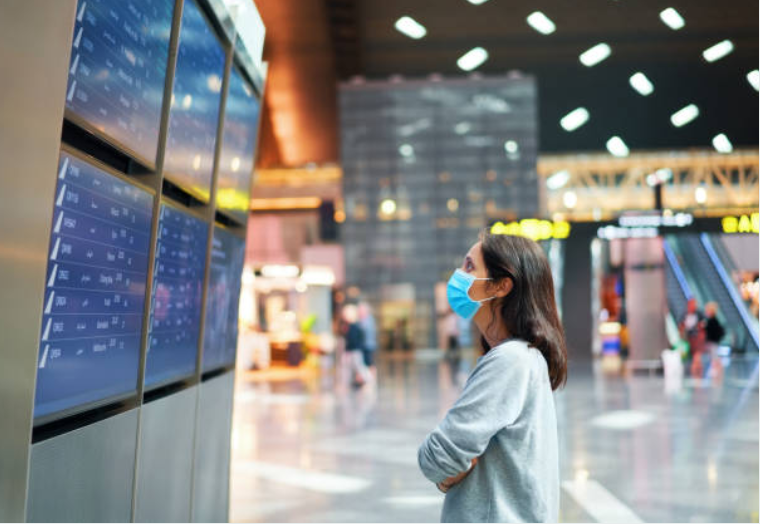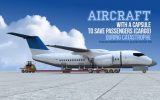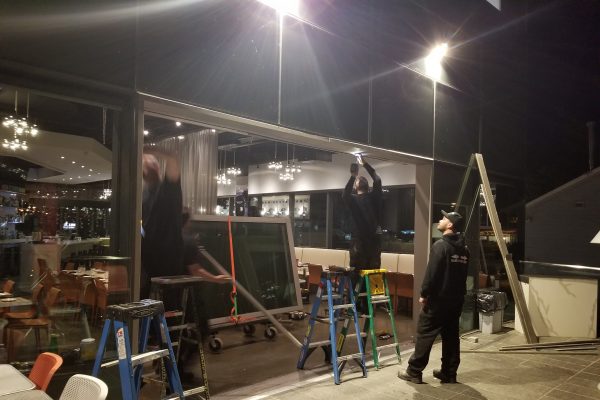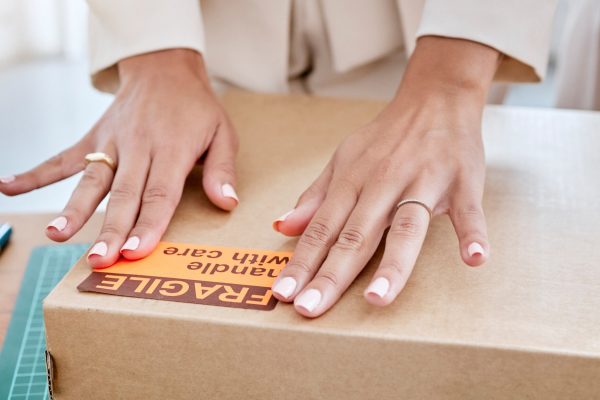The Government of Canada is constantly adopting new measures to help combat the spread of COVID-19 in order to protect the health and safety of Canadians.
As the world celebrated the arrival of 2021, the government was busy launching its new guidelines for travellers entering Canada.
On December 31, 2020, as we all celebrated New Year’s Eve on Zoom Calls or on FaceTime, well most of us anyway, the Minister of Transport, the Honourable Marc Garneau, under the authority of the Aeronautics Act, made it clear that all passengers five years of age and older, will be required to test negative for COVID-19 before travelling by air from another country to Canada. The new rules start tomorrow, January 7, 2021.

You need a negative COVID-19 test before flying to Canada
This means that documentation of a negative laboratory test result must be presented to the airline prior to coming to Canada. The test must be performed using a COVID-19 molecular polymerase chain reaction (or PCR) test within 72 hours of boarding a flight into our nation. All travellers will have their quarantine plans reviewed by a government official, and if not suitable, individuals will be asked to quarantine in a federal quarantine facility.
“Travellers to Canada must use ArriveCAN and provide accurate contact information and their mandatory 14-day quarantine plan on or before entry,” states the government in an official news release. “The government has taken action to increase surveillance and enforcement of these mandatory quarantine restrictions. Violating any instructions provided when you enter Canada is an offence under the Quarantine Act and could lead to up to six months in prison and/or $750,000 in fines.”
The statement continues: “Canadians who are currently travelling and returning to Canada soon should start immediately arranging for a COVID-19 test, to avoid a delay in their return to Canada. Canadians who are planning to travel abroad should consider how they will meet these requirements before departure.”
Lorraine Simpson: Rapid testing is the best solution
Lorraine Simpson, the Cityline TV Travel Expert and Travel Personality, likes the government’s idea in theory, however, in practice it is flawed.
“In my opinion, the testing before arrival is, in part, a good idea. Most of us in the travel industry have been pushing for testing before people come to Canada, but it was so that we could reduce the quarantine time. Now the government is implementing a test that you must get in destinations which may be difficult,” says Simpson, who has been a staunch advocate for the travel and tourism industry since the pandemic took its grip on the world last March.
Simpson explains that if you have a test 72 hours prior to travel, you still have a few days to potentially catch COVID-19.
“I believe that the best solution is rapid testing on arrival – that’s the best solution. We already have the infrastructure in place with McMaster University HealthLabs and it was successful. There is an excellent bunch of rapid tests that are available, and some tests that have a 96 percent effective rate are now awaiting approval,” explains Simpson.
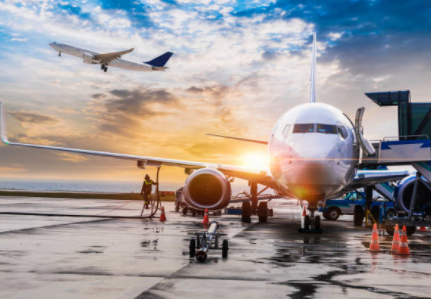
Update from Doug Ford: January 6, 2021
During the development of this story, Doug Ford announced another layer with another volunteer testing on arrival at Toronto Pearson International Airport.
“Again, I think this is great, however, we still have a 14 day quarantine. Make the arrival test mandatory and reduce the quarantine,” says Simpson.
“If we were to implement a-testing-on-arrival mandatory and not just voluntary, along with a shorter quarantine with a second test roughly 5 days after arrival, then I think this would protect us from incoming COVID-19 cases. This approach to fast-testing and shorter quarantines will help save businesses and lives. Statistics recently announced by mental health specialists show how suicides are on the rise. People are losing their businesses and are struggling to put food on the table, and most Canadians are suffering greatly on the financial and emotional fronts. It’s so sad to see that we are still in this situation and I am encouraging the government to re-think its strategy to save our country and the economy.”
Simpson adds, “There are many people to blame for the mess we are in. A case in point is the construction industry and big box stores – all deemed essential services. How can building houses and selling cheap t-shirts and tools be important while small businesses and the travel industry are being shut down?”
The host of What’s on Your Post Pandemic Bucket List? says that we all need to think smarter to get the travel industry and other industries back up and running – now!
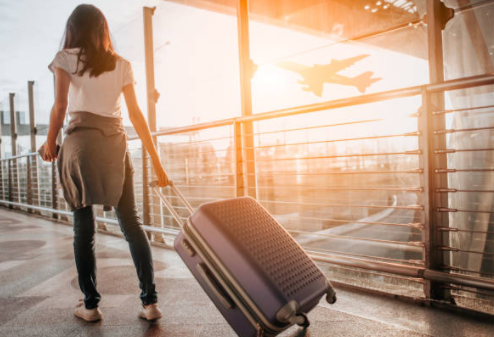
Lorraine Simpson: Don’t look back, you are not going that way
Innovation is what will save us, contends Simpson.
A case in point are two companies playing their part in getting the world moving again. SimpliFlying just launched their “COVID-19 Resource Hub” and a “Design Your Own Testing Strategy Hub” with airlines to help kickstart travel in 2021. Then there is Ten3, a community-based exposure notification app that keeps you informed and provides you with the confidence to interact with others responsibly.
“SimpliFlying and Ten3 are providing solutions for everyone to move forward and prosper. Lockdowns and 72-hour tests will do nothing for our well-being, nor the economy,” says Simpson.
Shashank Nigam, CEO of SimpliFlying and author of SOAR, says he is not a fan of how the government is handling the pandemic.
“The Canadian government has made it much harder for the travel industry to recover with the latest testing before travel restrictions without the removal or reduction of quarantine,” he says. “Moreover, the latest requirements make Canadian airports’ and airlines’ arrival testing efforts null and void. Alas, just when the industry thought there was light at the end of the tunnel, we realized it’s the light of the oncoming train. I wish there is more clarity on these requirements for passengers and that they are adapted soon in consultation with the industry.”

